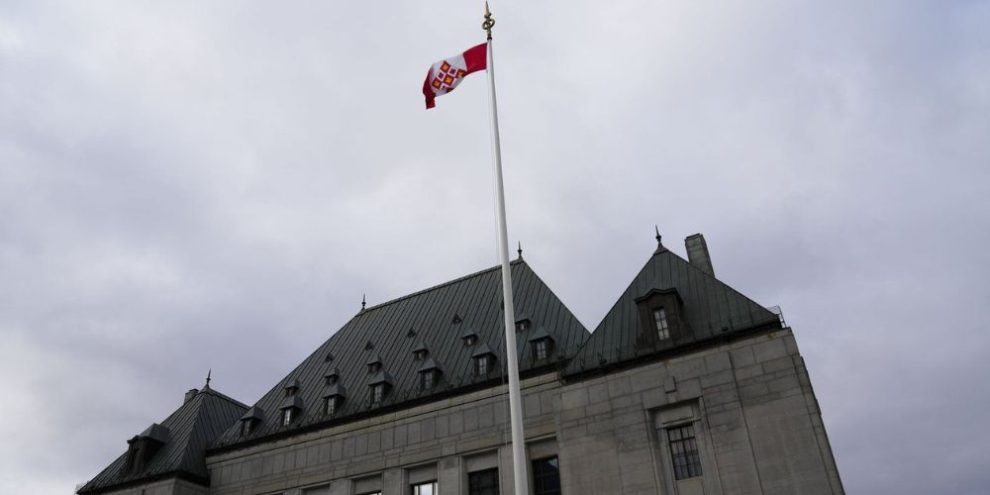
The Supreme Court of Canada on Friday upheld impaired driving convictions in two cases, saying criminal law amendments enacted in 2018 were intended to simplify prosecutions based on breath test results.
The related decisions issued Friday — each involving a case from New Brunswick — clarify the evidentiary scheme for proving blood alcohol concentration in impaired driving cases under the Criminal Code.
In the two cases, the Supreme Court weighed what the Crown must prove to satisfy a presumption that breath test results are accurate.
The law requires a breath machine calibration check, the result of which must fall within a particular range.
Barrie's News Delivered To Your Inbox
By submitting this form, you are consenting to receive marketing emails from: Central Ontario Broadcasting, 431 Huronia Rd, Barrie, Ontario, CA, https://www.cobroadcasting.com. You can revoke your consent to receive emails at any time by using the SafeUnsubscribe® link, found at the bottom of every email. Emails are serviced by Constant Contact
In one case, the Supreme Court examined the evidence needed to prove a breath machine has successfully gone through a calibration check.
In the other case, the court considered what must be established to use the results of a breath test in court.
A qualified technician conducts a system calibration check to ensure the breath sampling instrument is generating accurate readings based on a test solution that has been certified by an analyst.
In the first case, the accused was stopped by police, arrested and taken to a police station, where he provided two breath samples that indicated his blood alcohol level exceeded the legal limit.
The Crown produced a certificate from the technician who administered the breath tests. The certificate said that before each breath sample, the technician conducted a proper system calibration check.
A majority of the Supreme Court found this assertion was enough to prove beyond a reasonable doubt that the alcohol standard used in the calibration check had been certified by an analyst.
The Crown is not required to produce evidence from the analyst to prove this fact, the court said.
In the second impaired driving case, the top court noted the law requires proof the technician doing the system calibration check obtained a result within a target range.
As in the first case, the Crown introduced into evidence a certificate from a qualified technician attesting that a proper calibration check was performed before each breath sample.
A majority of the court said while the Crown must disclose the target value, it need not prove it.
The court said requiring proof of the target value from the test is inconsistent with Parliament's objective to simplify and streamline impaired driving prosecutions.
This report by The Canadian Press was first published Nov. 14, 2025.





